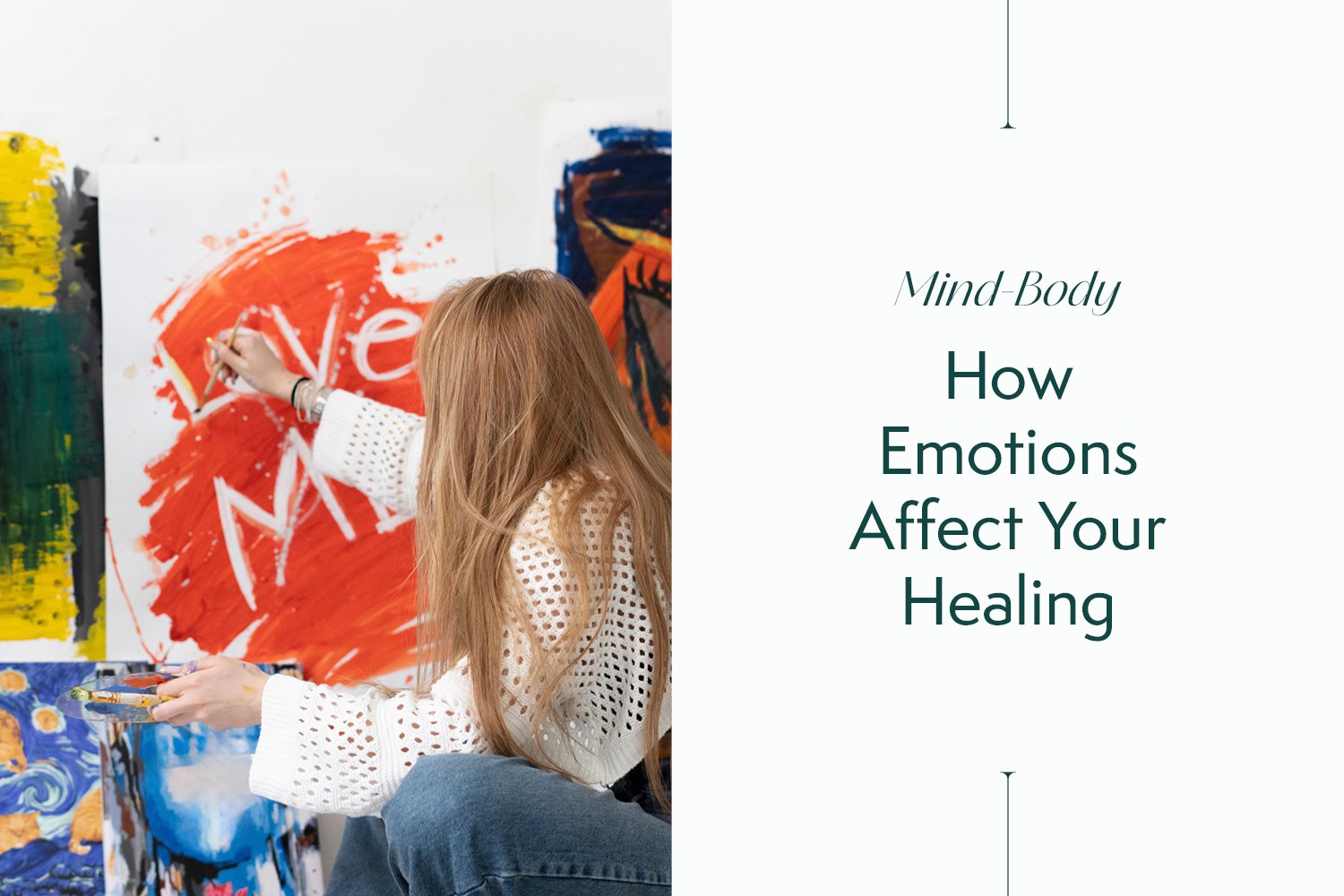
Have you ever noticed how your body feels when you’re stressed, anxious, or overwhelmed?
Our emotions don’t just affect how we think. They can also shape how we feel physically. Recognising this connection between your emotions and physical health can support a more balanced and effective healing process.
When you’re feeling anxious or under pressure, your body reacts. Muscles tighten, your heart may race, and breathing becomes shallow. Over time, chronic stress can lead to headaches, muscle tension, digestive issues, and even a lowered immune response.
On the other hand, emotions like joy, gratitude, and calm can help your body relax. These positive states have been shown to support lower inflammation and encourage the body’s natural recovery processes.
Just like physical injuries need attention, emotional wounds also need space to heal. Bottling up difficult feelings can delay both emotional and physical recovery.
Some gentle ways to release emotions include:
Holding on to resentment or self-blame can create emotional tension, and your body may feel that, too. Forgiveness can be a powerful step toward letting go of what no longer serves you.
That doesn’t mean excusing harmful actions. Rather, it’s about choosing not to carry the weight of these emotions anymore. And forgiving yourself is equally important – none of us are perfect, and self-compassion is a key part of healing.
Caring for your emotional health doesn’t require a huge life overhaul. Developing small daily habits can gently support emotional balance through:
Healing, whether physical or emotional, is rarely a straight path. It takes time, kindness, and patience. Choosing a hopeful mindset doesn’t mean ignoring challenges, but it does mean focusing on progress, connection, and the things that bring you joy.
Surrounding yourself with supportive people, doing things you enjoy, and finding moments of gratitude each day can all strengthen your emotional and physical well-being.
Remember: every step forward, no matter how small, matters.